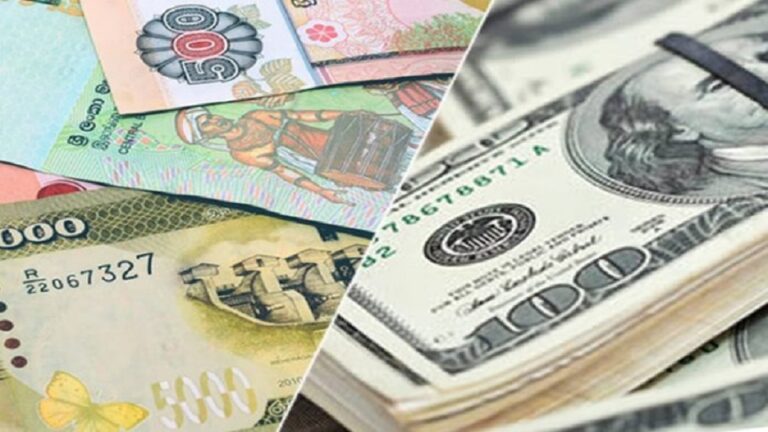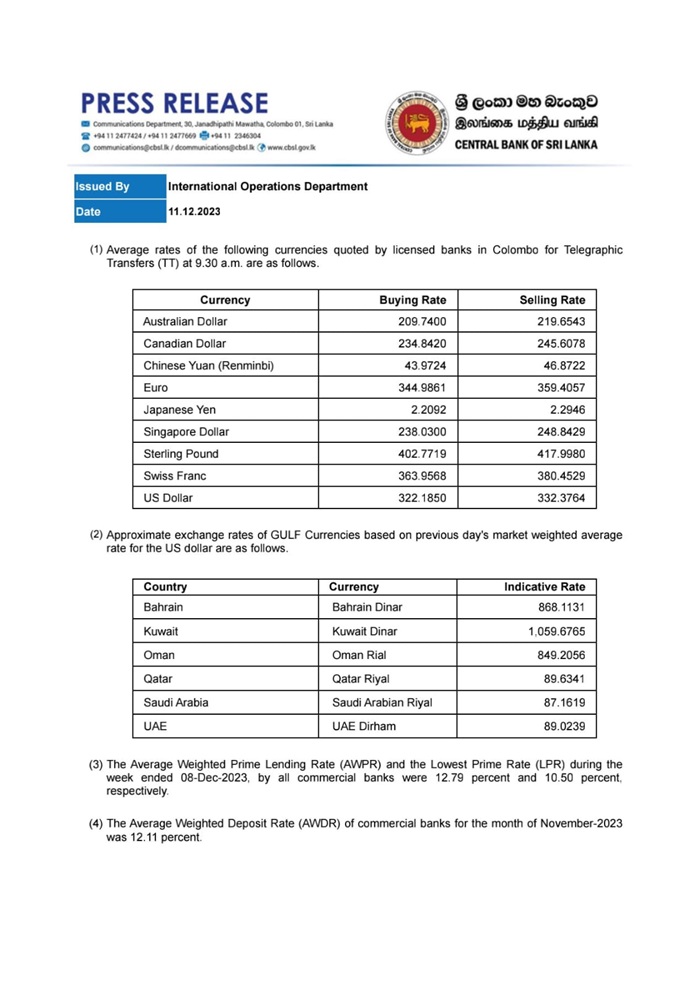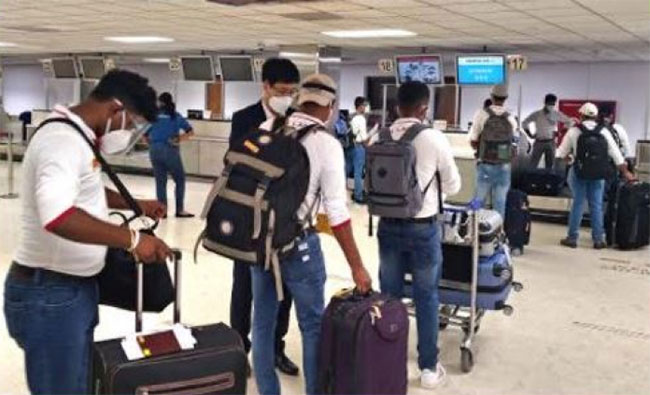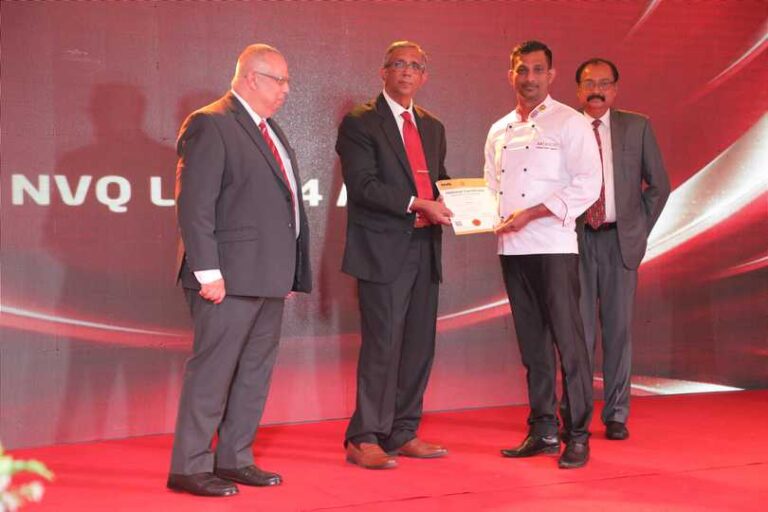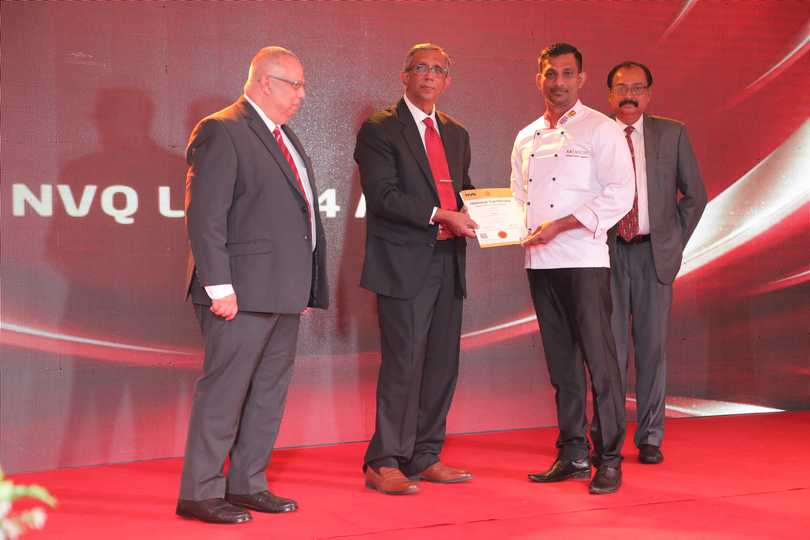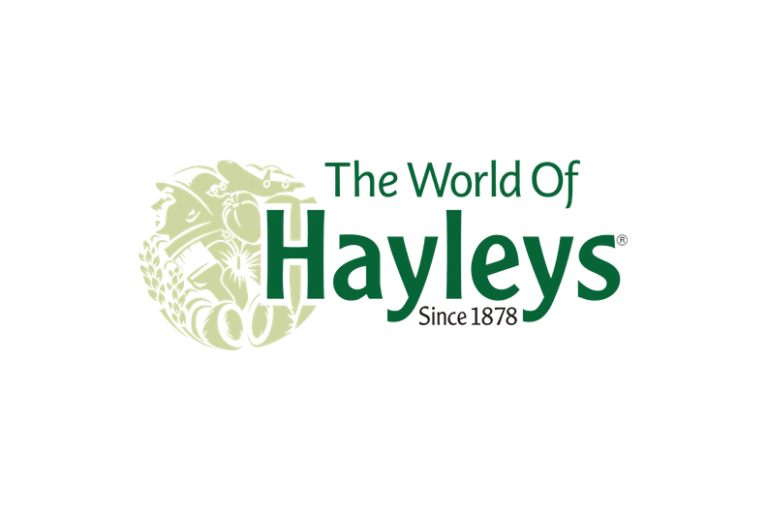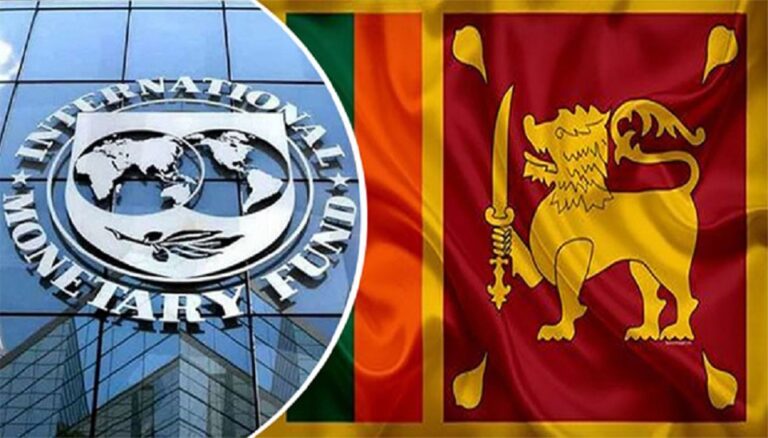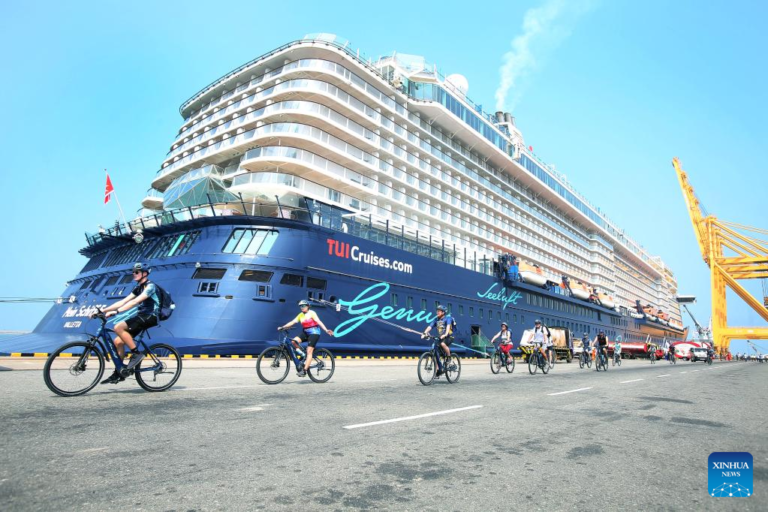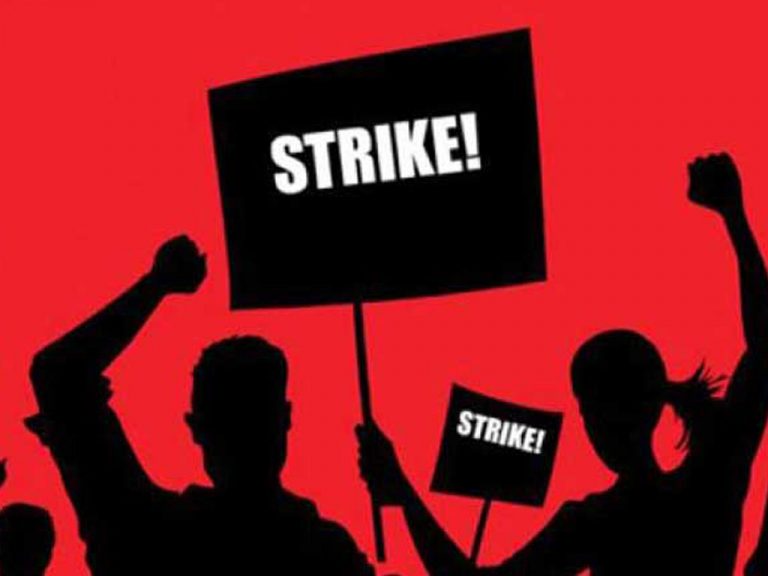Jimmy Lai, the founder of independent Hong Kong newspaper Apple Daily, detained since December 2020, received honorary citizenship of the French city of Lyon on 9 December 2023, in recognition of his 25-year fight for press freedom.
On Saturday, 9 December, to mark International Human Rights Day, the City of Lyon awarded honorary citizenship to five figures committed to the defence of human rights. Publisher Jimmy Lai, 2020 RSF Press Freedom Prize laureate, received honorary citizenship of the City of Lyon, alongside Chinese journalist Zhang Zhan, who also won the RSF Press Freedom Prize in 2021, Turkish activist Pinar Selek, the Afghan Girls Theater Group, and Gao migrant house coordinator Eric Alain Kamden, who received the distinction posthumously.
Sebastien Lai, the son of Jimmy Lai, attended on behalf of his father, alongside RSF Secretary-General Christophe Deloire. The founder of independent newspaper Apple Daily, Jimmy Lai has been detained since December 2020, and has already been sentenced to five years and nine months in prison on trumped-up charges. For the past 25 years, he has fought to uphold the values of media pluralism and press freedom in Hong Kong.
“I would like to thank the city of Lyon and the mayor for imparting this honour to my father, one day after his 76th birthday. It will soon be the start of his fourth year spent behind bars for his journalism and pro-democracy campaigning. Although he can’t be here, I am sure that he would be very touched. Lyon is standing for its values of liberty, and with my father, telling autocracies that those who defend freedom do not do so alone.”
Sebastien Lai
“I thank the City of Lyon and its mayor, Grégory Doucet, for the recognition of Jimmy Lai’s work. This honorary citizenship holds a great importance as it comes just one day after his 76th birthday. This award is given to Jimmy Lai in recognition for his service to press freedom in Hong Kong and around the world, and arrives at a time when it’s so relevant to advocate for his release.”
Christophe Deloire
Secretary general of RSF
Now 76 years old, Jimmy Lai is fighting the battle of his lifetime, possibly facing the rest of his life behind bars in Hong Kong, where he courageously chose to stay and publish as long as he could, despite the severe crackdown taking place around him.
His trial on further charges under the draconian National Security Law (NSL) is scheduled to start on 18 December. Over the past three years, China has used the NSL and other laws as a pretext to prosecute at least 28 journalists and press freedom defenders in Hong Kong, 12 of whom remain in detention, including Jimmy Lai.
RSF campaigns to free Jimmy Lai because his case matters for press freedom not only in Hong Kong, but globally. The silencing of an independent media outlet like Apple Daily, and the targeting of a publisher like Lai, anywhere, has implications for press freedom everywhere. Prominent publishers and editors around the world, and the wider international public, have joined RSF’s global call to #FreeJimmyLai because of the deeply emblematic nature of his case.
RSF has been campaigning for several years to raise alarm internationally not only regarding the press freedom situation within mainland China – which has long held one of the world’s very worst records on press freedom and is by far the world’s biggest jailer of journalists – but also over China’s attempts to export its model of information control beyond its borders. What happens to Jimmy Lai, and to the other courageous journalists being targeted in Hong Kong, will have truly global implications.
Hong Kong ranks 140th out of 180 in RSF’s 2023 World Press Freedom Index, having plummeted down from 18th place in the span of two decades. China itself ranks 179th out of 180 in the 2023 RSF World Press Freedom Index and is the world’s largest jailer of journalists and press freedom defenders with at least 121 detained.
REPORTERS SANS FRONTIÈRES / REPORTERS WITHOUT BORDERS (RSF)



